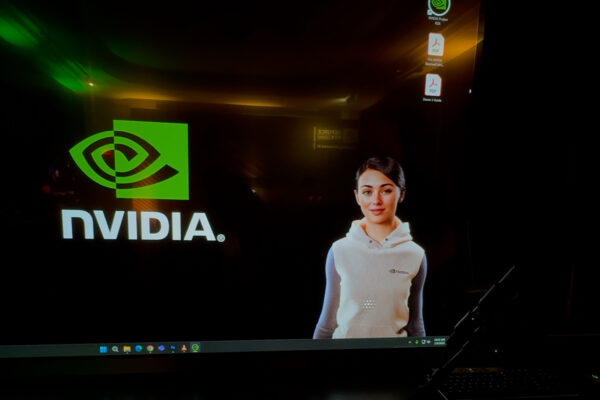
Nvidia’s AI avatar sat on my computer screen and weirded me out
Nvidia unveiled a prototype AI avatar at CES 2025 that lives on your PC’s desktop. The AI assistant, R2X, looks like a video game character, and it can help you navigate apps on your computer. The R2X avatar is rendered and animated using Nvidia’s AI models, and users can run the avatar on popular LLMs…




